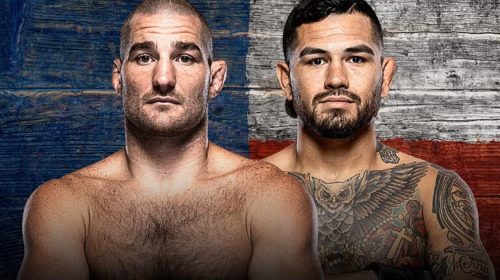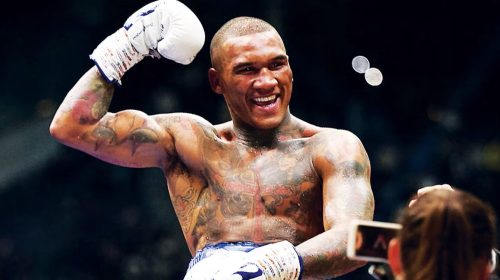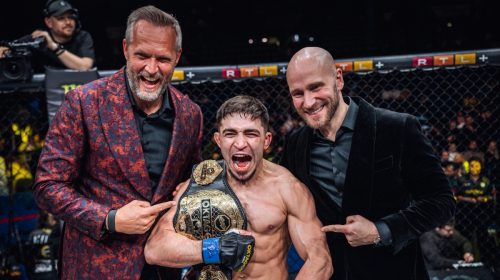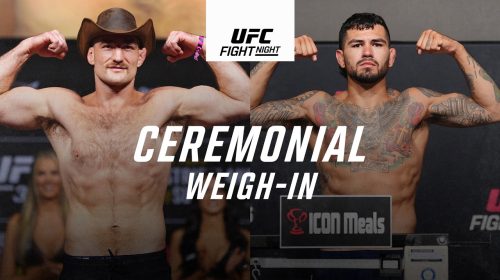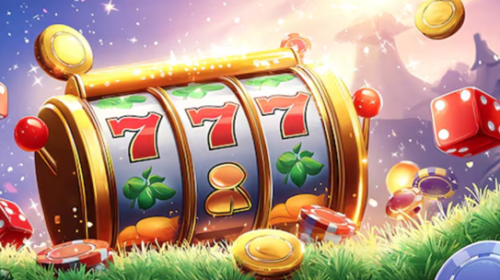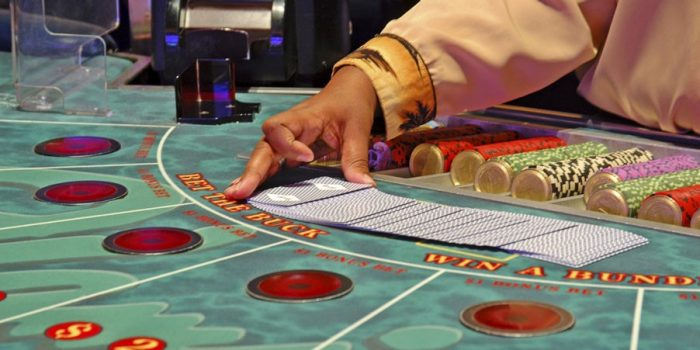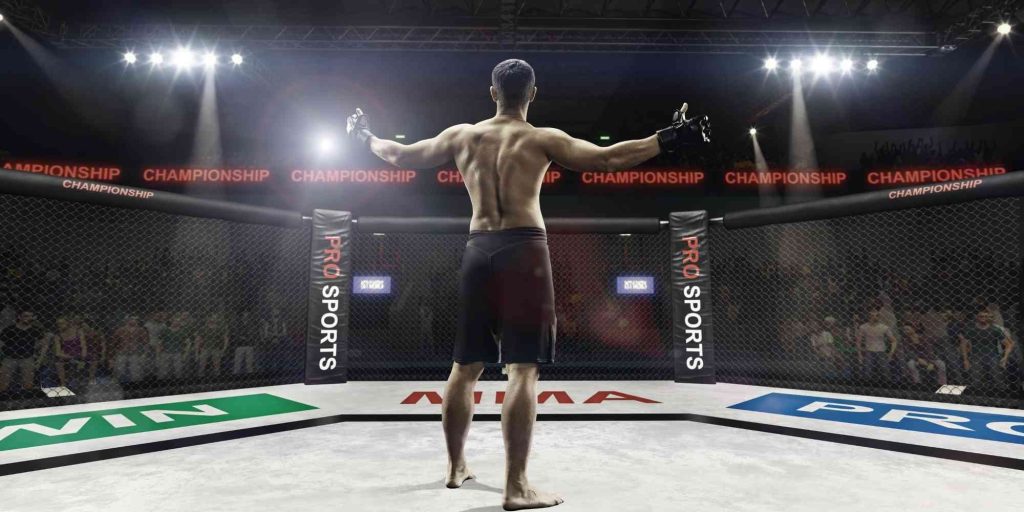
Betting on MMA: Can You Beat the Bookmakers, or Should You Tap Out?
You log in. The digital lights flicker on. Odds are posted like fighter stats. Fight night is every night now—at least in your sportsbook app. But there’s a question that keeps floating through your head like a featherweight jab: Is MMA betting where the real action is, or is it just flash and fury with no follow-through?
Sure, there’s nothing like betting on a slugfest where a single punch flips the night. But is it actually smart money? Are you testing your fight IQ, or just feeding the algorithm with another hopeful wager? The octagon looks inviting, but stepping in means squaring off with bookmakers, market psychology, and wild unpredictability.
This isn’t just about MMA anymore—it’s about whether you’re placing smart bets, or just letting the adrenaline do the talking. So, let’s weigh in properly, card by card.
Fight 1: MMA vs. The Odds
“How are MMA odds even made—and are they rigged against you?”
MMA betting starts simple: moneyline bets on who’ll win. Then come the prop bets—will it end in Round 1, by submission, via spinning elbow? And then the real wild cards: parlays—stringing together multiple fights in hopes of a payday that could finance a Vegas weekend.
But behind the clean lines and flashy graphics is a cold-blooded numbers game. Oddsmakers aren’t guessing. They use predictive models, public betting trends, injury reports, and psychology. And crucially, they bake in public perception. If a fighter has star power—like a McGregor or Adesanya—the line tilts, regardless of actual win probability. The masses love favorites, so the price gets juiced.
Then there’s the allure of the underdog. Every MMA fan remembers that one crazy KO—the flying knee, the last-second choke, the comeback from the brink. It makes betting on the long shot feel poetic. But the truth? These moments are rare and damn hard to predict. You’re often betting on chaos.
And chaos doesn’t care about your strategy. One mistimed takedown or a flash cut, and your parlay dreams collapse faster than a broken nose. While the thrill is real, the edge for the average bettor? Slippery at best.
Fight 2: Betting on Your Brain – Value Hunting Elsewhere
“Other sports where smart bettors have better long-term odds.”
So let’s say you’re still in fight mode—but maybe looking at a different division.
Smart bettors often migrate to quieter arenas. Sports like tennis, baseball, or even table tennis offer something MMA rarely can: predictability. These sports have clear metrics, massive data trails, and more frequent events—meaning more chances to refine and test strategies.
And here’s the kicker: fewer fans means fewer clueless bets, which makes the market easier to beat. This is where liquidity comes in—the amount of money in the market. In major league sports, the lines are tight and sharp bettors have less wiggle room. But in niche sports, lines are often sloppy. And sharp bettors pounce.
This isn’t about loving the sport—it’s about finding a place where your betting IQ actually matters. Knowing a third-tier tennis player has a killer backhand in windy conditions can give you a real edge. In MMA, even the sharpest mind can’t predict a broken hand mid-round.
Take Sean, a diehard MMA fan who once dropped three grand on a parlay involving three underdogs. It blew up in flames by the co-main event. Now? He places slow, deliberate bets on League of Legends matches. Doesn’t even watch the games. Just reads the data, sets alerts, and wins consistently. Boring? Maybe. Profitable? You bet.
Fight 3: Can You Hack MMA Betting?
“Underground tactics, data scrapes, and psychology edges.”
If you must stick to MMA, there are ways to sharpen your sword.
Some bettors don’t just read stats—they dissect fight camps, track social media behavior, and monitor weigh-in footage for signs of bad cuts, shaky legs, or a fighter looking unusually gaunt. A dehydrated fighter walking slowly to the scale? That’s not just drama—it’s data.
Then there’s line shopping—scanning multiple sportsbooks to find the best odds. One book has Fighter A at -150, another at -120? That’s free value. Bettors who track line movement before the media hype kicks in often lock in odds that casuals never see.
Still, even the slickest strategies hit limits. The sharpest bettors admit that betting MMA is like surfing—sometimes you ride a perfect wave, sometimes you eat sand. Public perception, fighter health, and judging inconsistencies all throw wild variables into your plans.
And the golden question: Are these edges sustainable? Not really. The more people catch on, the more books adjust. What works today may be toast next card.
Fight 4: The Temptation of the Long Shot
“High-risk-high-reward: Why MMA attracts casino-style bettors.”
MMA isn’t just a sport—it’s a drama machine. And that drama fuels one of the riskiest betting mindsets: the casino gambler.
It’s not rare to see people toss $10 on a six-leg parlay ending in a flying triangle choke at +1200. The odds are laughably low. But the payout? Juicy enough to make anyone feel like they’re one miracle away from early retirement.
This mentality mirrors slot machines more than sports betting. It’s not about probability—it’s about the hit. The rush of thinking you’re the one who saw it coming. And casinos know this. Just like they know getting insurance on losses and double the money you play with slots actually give you more back—on paper. The truth? Long shots rarely cash. But they keep the dream alive.
MMA parlays are the same. They offer just enough of a tease to keep you chasing. And that’s exactly what keeps the house smiling.
Fight 5: Betting vs. Investing
“What if you took the same money—and discipline—and tried something else?”
Here’s a brutal truth: most bettors lose over time. Not because they’re dumb. But because the game is stacked.
So let’s do a comparison. Betting $100 on a McGregor KO at +300 feels exciting. That 3x payout screams “smart risk.” But what if you took that $100 and dropped it into a low-cost ETF tracking the S&P 500? Historical annual return: around 8%. Sounds boring. But run that over five years and the numbers start to get interesting.
Investing and betting share DNA. Both involve risk, information, and probability. But investing compounds. Betting resets every time. A smart bet might win today. But a smart investment wins repeatedly.
Let’s say you’re a fantasy sports pro. You analyze player stats, trends, weather. What you’re doing? That’s expected value analysis. A simple concept: what’s the likely return of this choice over time? Bettors use it. Investors live by it.
One lives in the now. The other plays the long game.
Final Match: You vs. The System
“You’re the fighter now: can you beat the house, or is the smarter move walking away?”
Here’s the truth: every sportsbook is built like a fortress. Odds tilt subtly toward their favor. Emotion clouds judgment. Even the sharpest strategies get wrecked by one bad judge’s scorecard.
So you’ve got choices. Three fighters walk into this next round:
The MMA Diehard: You’re not quitting. You love the game. But you tighten your bets. You track line movements. You learn from your losses. You evolve.
The Hustler: You look around and realize your brain might be better used elsewhere. You dabble in other sports. You find soft markets. You bet smarter, not harder.
The Investor: You stop betting altogether. You put that $500-a-month habit into an index fund. You get high on dividends instead of underdogs. And surprisingly—you feel just as competitive.
There’s no wrong choice. Only the one that gets you where you want to go with fewer bruises.
Post-Fight Interview (Outro)
“Well… that was a hell of a fight.”
You went toe-to-toe with the odds, the data, the emotion. You learned that MMA betting isn’t just a game—it’s a layered world full of traps, temptations, and tiny windows of opportunity. Some people thrive in it. Others get ground down.
What did you learn tonight? Maybe that the smartest bet isn’t always the flashiest. Maybe that a few small wins in a different arena beat one big knockout that never lands. Or maybe that you’d rather throw your hat into a ring where the house isn’t always one round ahead.
The cage is yours—but so is the door. Choose your next fight wisely.
